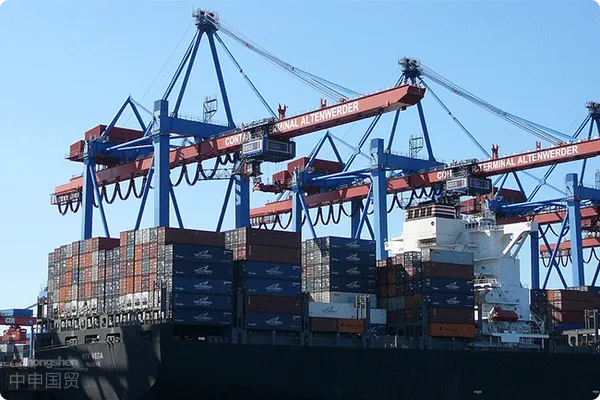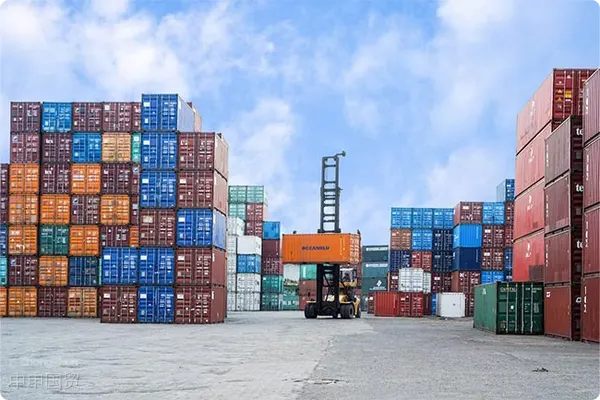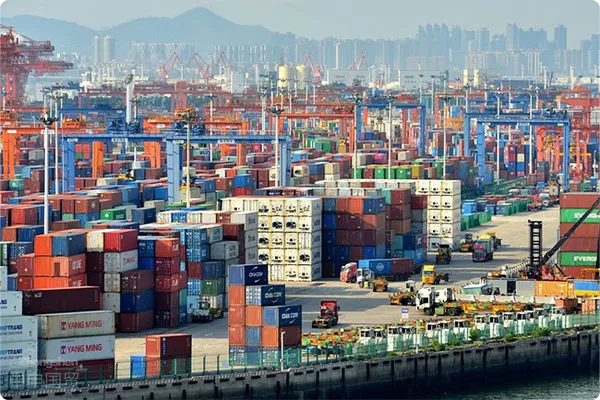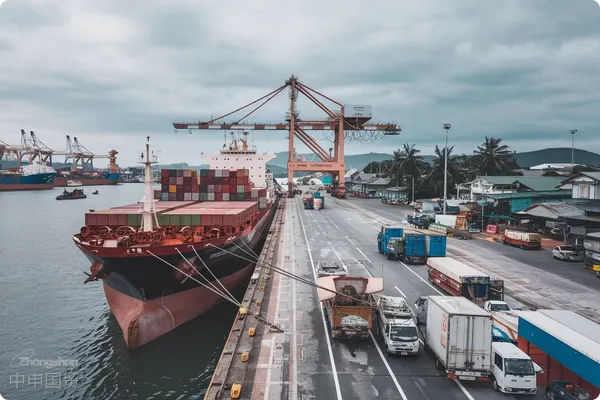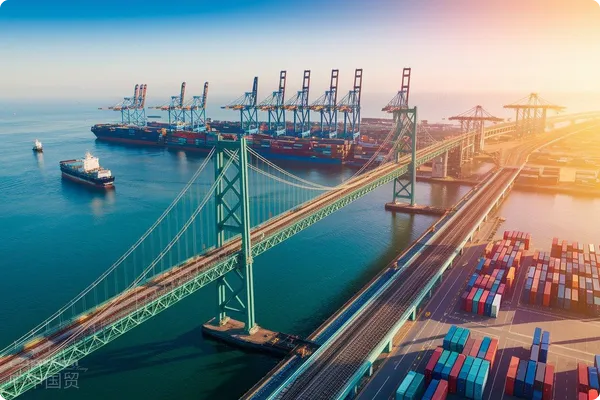- Shanghai Zhongshen International Trade Co., Ltd. - Two decades of trade agency expertise.
- Service Hotline: 139 1787 2118
foreign tradeFor a period of time, buying export became a common practice among many small and medium-sized foreign trade enterprises. However, with increased customs supervision and adjustments to tax policies, the risks of this practice have gradually emerged. Foreign trade practitioners must exercise greater caution to avoid potential legal and economic disputes.

Background and Current Situation of Buying Export
The essence of buying export is to use a shell companys name to declare goods for normal export without applying for VAT refunds. Although this practice is sometimes considered a gray area, it does not involve smuggling or misdeclaration. At least in terms of taxation, goods exported through buying export are not entirely tax-evaded.
For example, plastic products, which qualify for a 13% full VAT refund, undergo VAT collection at every production stage from crude oil import to finished product export. However, under the buying export model, the VAT at the final export stage is not reclaimed, thereby increasing overall tax revenue. In recent years, even zero-refund products (such as certain steel products) have been exported through buying export, directly reducing overall tax revenue. As a result, customs scrutiny of this practice has intensified.
Current trends indicate that foreign traders using buying export are finding it increasingly difficult to evade customs investigations. For instance, customs can trace the actual cargo owners through customs brokers and freight forwarders, requiring them to pay back taxes. Although the back tax amount is generally low (around 2%), the impact on a companys reputation and long-term partnerships cannot be overlooked.
Secondary Issues Arising from Buying Export
The buying export model not only involves tax issues but also leads to a series of secondary problems:
- Irregularities in Foreign Exchange Receipts:
- Third-Party PlatformsA complete export agency agreement should be attached with:
- 1039 Market Procurement Trade Method
- Personal Account Operations
- Merging with Other Normal Export Orders
- Customs Inspection Risks:
- Using Incorrect HS Codes to Evade Inspection
- Including Other Goods in Export Declarations
- Evasion Practices in the Freight Forwarding Industry:
- Some large freight forwarding companies have explicitly prohibited employees from participating in document-buying operations.
- Some forwarders directly transfer document-buying business to intermediary companies, which interface with clients directly to evade responsibility.
Selection and Recommendations for Foreign Exchange Collection Channels
Regarding foreign exchange collection issues in document-buying exports, foreign trade practitioners should prioritize compliance. Below are common foreign exchange collection channels and their risk assessments:
- Direct collection via bank accounts:
- Advantages: Most compliant with high transparency.
- Risks: May incur certain handling fees, and clients from some countries may be unfamiliar with foreign exchange operations.
- : Suitable for small - value orders.:
- Advantages: Fast and convenient, especially suitable for small transactions.
- Risks: The platforms compliance and fund security require careful evaluation.
- : Simplifies the trade settlement process and is suitable for orders with a small amount.:
- Advantages: Strong policy support, suitable for small-scale and scattered exports.
- Risks: Must ensure compliance with customs and tax regulations to avoid subsequent issues.
- Personal accounts:
- Advantages: High flexibility.
- Risks: Poor compliance, likely to attract attention from tax and foreign exchange authorities.
Summary
Although document-buying exports met the needs of some SMEs under certain historical conditions, the risks have become increasingly apparent as regulatory environments tighten. From tax policy adjustments to intensified customs inspections and stricter foreign exchange collection compliance requirements, foreign trade practitioners must emphasize standardized operations.
Enterprises are advised to conduct customs declarations and foreign exchange collection through formal channels to avoid major losses for minor gains. Meanwhile, they can seek professional support from foreign trade service providers likeZhongShen International Tradeto ensure compliance and sustainable business development. After all, legality and compliance are the cornerstones of long-term stability in foreign trade!
Related Recommendations
Learn
Contact Us
Email: service@sh-zhongshen.com
Related Recommendations
Contact via WeChat

? 2025. All Rights Reserved. Shanghai ICP No. 2023007705-2  PSB Record: Shanghai No.31011502009912
PSB Record: Shanghai No.31011502009912
